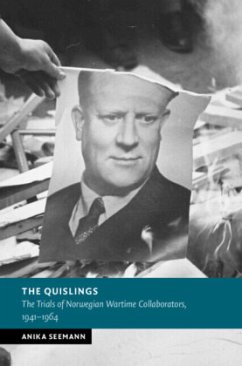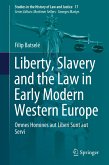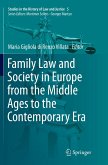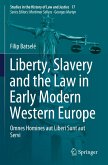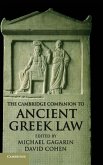The Norwegian 'treason trials' were the most extensive post-Second World War 'reckoning' with wartime collaboration in all of Europe. Following the war, tens of thousands of Norwegians were sentenced for their wartime actions, including the notorious leader of Norway's collaborationist party Nasjonal Samling, Vidkun Quisling. And yet many wartime actions also went unpunished, including, in the vast majority of cases, violence perpetrated against Norway's Jewish minority. The Quislings examines how the Norwegian authorities planned, implemented and interpreted this reckoning between 1941 and 1964. In doing so, it looks at the broader political purposes the treason trials served, how these changed over time and the mechanisms that brought these changes about. This wide-ranging study argues that the trials were not driven by the agenda of any one institution or group. Instead, their final shape was the result of a complex process of weighing up demands for legal form and consistencyagainst a fast-changing political and social environment.
Bitte wählen Sie Ihr Anliegen aus.
Rechnungen
Retourenschein anfordern
Bestellstatus
Storno

